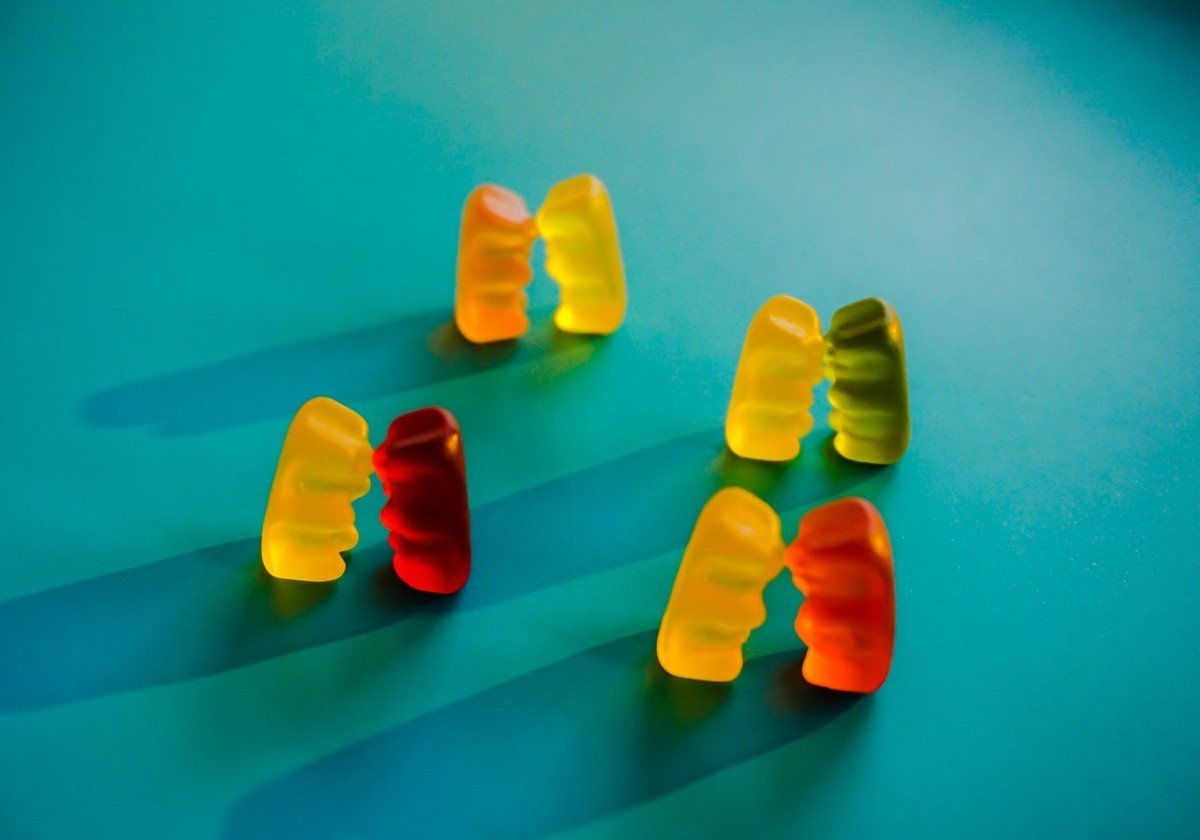Sasha Agarwal
sashaagarwal@college.harvard.edu
Sasha heads the Kolkata chapter of The Period Society, and will be enrolling at Harvard University this fall. Sasha is extremely passionate about resolving health inequities, and spends her time advocating and conducting groundwork in the spheres of menstrual and mental health. She is also extremely passionate about education, and has been working and volunteering in multiple teaching and mentorship capacities across the globe. Her other interests include writing, theatre, behavioural economics, and public speaking. She hopes to study cognitive neuroscience and global health at college, and use her education towards expanding affordable and accessible healthcare.
As a menstruator growing up in an upper middle class urban society, I was fortunate enough to never experience period poverty myself. I had access to period products, a fair understanding of why my body bleeds once a month, and a plethora of resources to fill the gaps in this understanding. Why, then, was I wrought with discomfort at calling a bodily process by its name- menstruation – a discomfort that compelled me to look to a host of euphemisms I could use instead? Why does the term ‘period’ have no place in my largely educated community? Why do I feel the constant need to describe my menstrual cycle as “that time of the month”, my period campaigns as “women’s hygiene drives”, my period products as “female sanitary products”?
Over 5000 euphemisms have been found to exist for the process of menstruation and related terms. At first glance, this seems like a relatively harmless practice and it might be, especially when viewed against the looming evils of period illiteracy, discrimination, and poverty. But period terminology and period poverty aren’t independent phenomena, for linguistic choices can affect cultural behaviour1. Euphemisms are implicitly part of the cause and consequence of the evils I speak of, and here’s why:
By the dictionary definition, a euphemism is ‘a mild or indirect word or expression substituted for one considered to be too harsh or blunt when referring to something unpleasant or embarrassing.’ While the absolute usage of these terms might not cause direct harm, they’re implicative of (and contributory to) a mindset that does. By excluding the term from everyday conversation and blanketing its use in reluctance, we are perpetuating the causal evil of all other period evils- period stigma.
By choosing not to name something, we are reinforcing the idea that the thing in concern should not be named. In doing so, we strengthen the association between menstruation and shame- we indicate that the term does not deserve a place in everyday discourse.
The historic link between menstruation and impurity predates the advent of the biological sciences, and is the result of myths created by our ancestral generations to make sense of a phenomenon that was then unexplained. This should naturally have crumbled when we unearthed the scientific processes underlying menstruation, but it hasn’t. Instead, with our shame-ridden treatment of the theme, we continue to recognise and accept a link that is responsible for some of the worst instances of social ostracisation.
These instances include the practice of confining menstruators to menstrual huts for the duration of their period cycle that continues into the present day within and beyond India. Women are forbidden from entering places of worship, the kitchen, and even their own homes. Young girls are even kept back from school (without being granted period leaves), and they naturally fall behind. This increases their vulnerability to dropping out of formal education- and, in turn, to child marriage and lower job prospects. One might argue that this stems primarily from the lack of access to period products- but is that not a consequence of period stigma? As long as the menstrual cycle is blanketed in whispers, the demand for period products will never be considered an essential need, and their supply can never make its way into discussions of national policy.
The eradication of period poverty will require both institutional and social reforms, but these must be viewed in conjunction. Perceptions have a place in policy. This distributes the responsibility among more of us, because altered perceptions demand a multifaceted approach- changes in art and media portrayals (can we do away with the dancing women and blue blood in sanitary pad advertisements already?), awareness and literacy among menstruators and non menstruators alike, and something anyone can initiate- candid conversation. The conversations we choose to have are inherently linked to fundamental human rights- they may be uncomfortable, but they’re certainly worth having.
- Natalie F. Joffe (1948) The Vernacular of Menstruation, WORD, 4:3, 181-186, DOI: 10.1080/00437956.1948.11659341
https://doi.org/10.1080/00437956.1948.116593
Reviewed by Tanya Jaikiran
For over ten years I have worked as a Public Health Professional with people of all ages within non-profit organizations, social service organizations, educational institutions, hospitals and clinics to train, educate, promote, manage, design and implement public health programs to meet the needs of the communities I served. I have worked for organizations such as, Planned Parenthood, The Southern Nevada Health District, Kaiser Permanente, the City of Berkeley’s Public Health Department, and most recently Upstream USA. In these positions I was responsible for managing health education projects and people. In addition to being a people manager, I conducted and evaluated needs assessments,assisted in the development of curriculum, content, and training presentations for diverse audiences on a variety of public health topics. One of my main responsibilities was to conduct in-person, and live web-based public health education training presentations.I have a Master’s Degree in Public Health with a specialization in Social and Behavioral Sciences. I also hold a Bachelor’s Degree in Public Communications, and Minor in Sociology. I love helping to empower people of all ages to take charge of their health, and lead healthier, happier, more informed lives. In my spare time, I love cooking, reading, traveling, and watching & listening to all things related to true crime.
Tanya C Jaikaran, MPH
